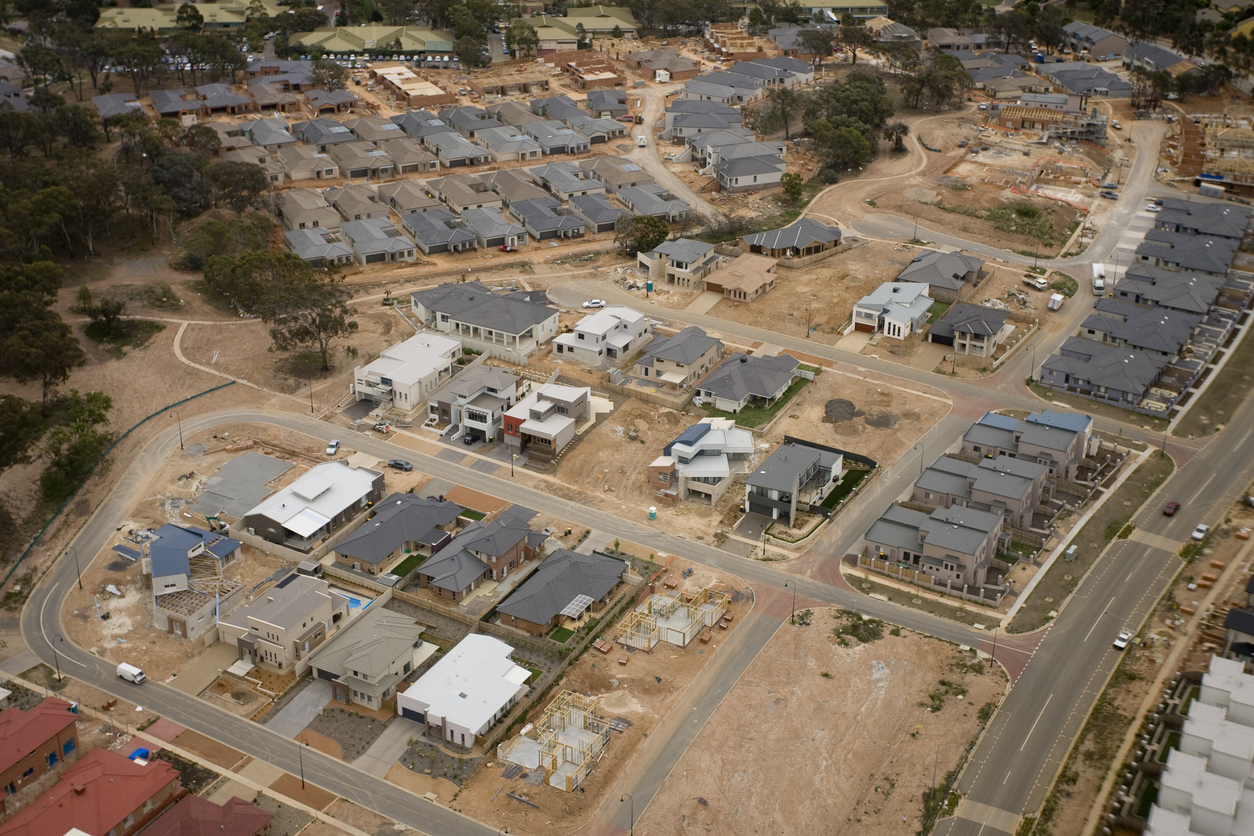What You Need to Know About Victoria’s Stamp Duty Changes
In an effort to fill the $5.2 billion shortfall left by dwindling stamp duty receipts in a falling property market, the Victorian government has re-written tax on development agreements and, in doing so, widened the pool of who can be taxed.
Plans to change the rules around "economic entitlement" applied to development agreements, not directly referred to in the budget papers, were instead announced in a revised bill following the Victorian government's wave of new taxes on property owners, gold-miners and luxury car buyers the day prior.
Following the state budget announcement that detailed significant write-downs on stamp duty revenue expectations, the government introduced a bill to parliament that would no longer let developers avoid paying stamp duty by entering into an agreement with the landowner to develop a site without actually purchasing the land.
The State Revenue Office last week said the change was intended to address a 2016 Supreme Court judgment that curbed an earlier attempt to levy stamp duty on the economic entitlements of some landowners.
Changes made to the 2019 State Taxation Acts Amendment Bill, will now treat developers as acquiring "beneficial ownership" of any site worth more than $1 million and subjecting them to 5.5 per cent stamp duty on potentially the entire value of the land regardless of the percentage economic entitlement acquired by a third party.

Higher stamp duty rates on development could further dampen an already weak construction pipeline with the latest ABS figures highlighting that new dwelling approvals fell 4.7 per cent over the month of March.
“These changes may significantly impact taxpayers and businesses, especially those operating in the property industry,” Mills Oakley partner Andrew Spalding said.
“Companies and trusts holdings these interests will also need to be mindful of triggering duty on ownership changes to their structures.”
Currently complex economic entitlement rules within landholder duty provisions, apply to development agreements entered into between a private landholder, company or unit trust, and a developer.
Under a typical development agreement, developers are entitled to charge the landowner for the development costs incurred and might be entitled to a margin on those costs as well as a share of the profit derived from the development.
Under the current rules, if a developer's economic entitlement equated to an interest of less than 50 per cent, stamp duty is generally not payable on the arrangement.
Measures in the new draft legislation will dramatically broaden the duty net and result in a wider range of land development arrangements being subject to duty.
The key change is the removal of the 50 per cent threshold for the interest acquired under the economic entitlement.
The provisions now extend to land with a market value of more than $1 million owned by any type of land owner regardless of the percentage economic entitlement acquired by a third party and triggering transfer duty, rather than landholder duty.
Furthermore, these economic entitlements will also be counted as landholdings for landholder duty purposes, so that landholder duty is triggered if there is a relevant change in the ownership of a unit trust or company owning these rights, 20 per cent for unit trusts and 50 per cent for companies.
“Anyone currently negotiating these agreements should, where possible, act immediately to finalise and sign up their agreements before the Bill receives royal assent,” Mills Oakley partner Andrew Spalding said.
“This will be particularly important for developers given the high value of development land and the exposure to this new duty.”
“There will also be an incentive for parties to negotiate and clearly document the percentage of their economic entitlements, or potentially suffer the consequence of triggering duty on 100 per cent of the underlying land.”














